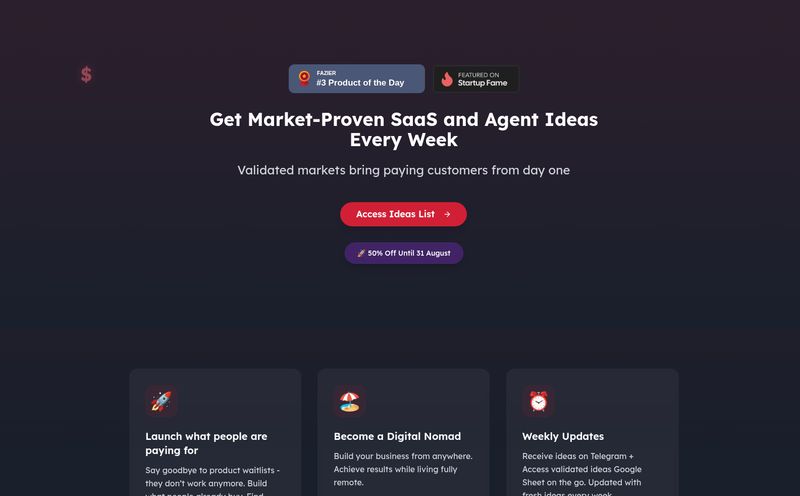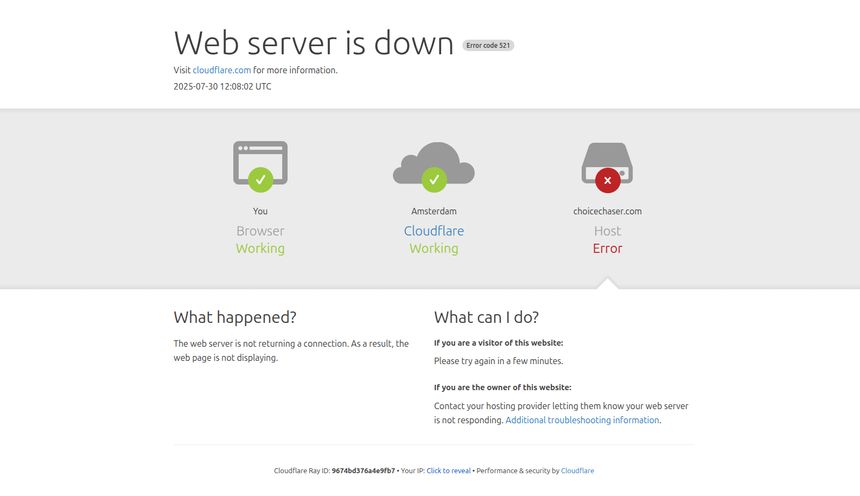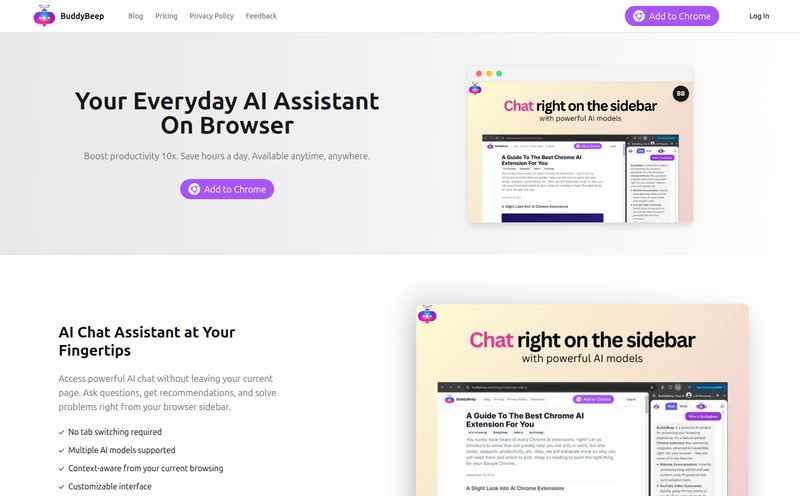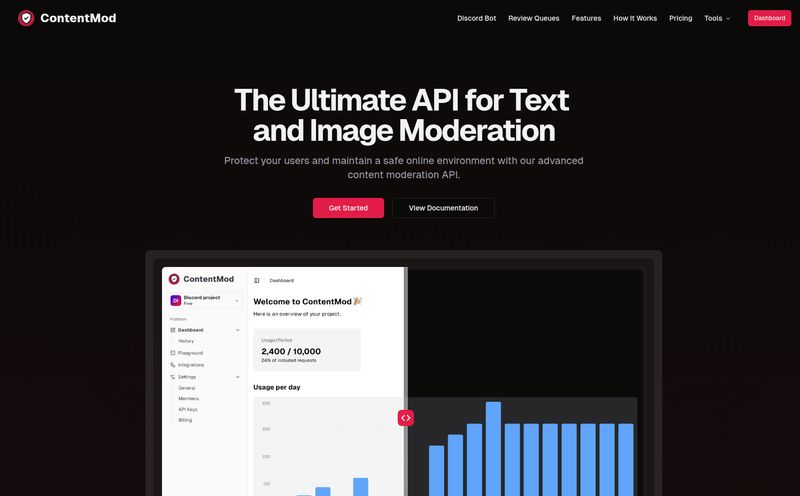The internet is a mess. A beautiful, chaotic, glorious mess. But it's also a minefield of misinformation, half-truths, and straight-up fabrications. I’ve been in the digital marketing and SEO game for over a decade, and I’ve watched this problem grow from a nuisance into a full-blown digital wildfire. We build brands on trust, on E-E-A-T (that’s Experience, Expertise, Authoritativeness, and Trustworthiness for you newcomers), and that trust is getting harder and harder to earn when the ground is constantly shifting beneath our feet.
Then along came generative AI, our supposed savior. And don't get me wrong, I love it for drafting emails and brainstorming content ideas. But for hard research? Yikes. We've all been there—asking a chatbot for a source and getting a link to a page that has never existed. This phenomenon, affectionately known as 'AI hallucination', has only added a bizarre new layer to the problem. So now we have human-made lies and robot-made fantasies swirling together.
It’s exhausting. Which is why, when I stumbled upon a tool called Workki AI, my professional curiosity was definitely piqued. It claims to be an AI solution built specifically to fight this chaos. An AI to police the other AIs and the human fibbers. The concept alone is compelling. But does it actually work? I decided to take a closer look.
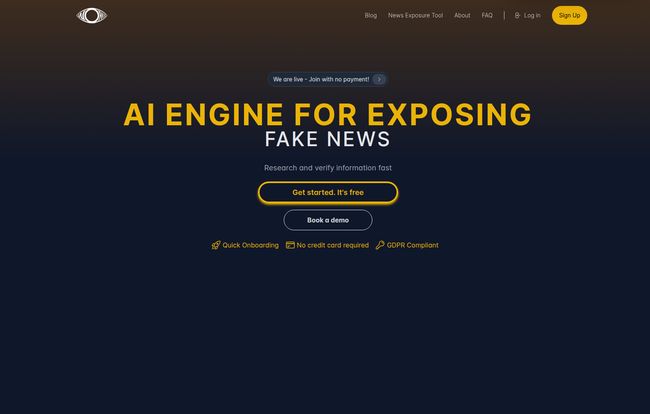
Visit Workki AI
So, What Exactly is Workki AI? (Besides a Cool Name)
On the surface, Workki AI is an information verification platform. It's designed to be a one-stop-shop for anyone who needs to be sure about the information they’re consuming or using. Think of it less like a search engine and more like a truth-seeking bloodhound. It doesn't just find information; it investigates it.
The platform is built on proprietary AI models—a key point for me. This means they aren’t just slapping a pretty interface on top of a generic, public model. They’ve built their engine from the ground up to do specific things: expose fake news, detect bias, evaluate the credibility of sources, and even verify the authenticity of information within documents you upload. For a business, a university, or a media outlet, the implications of that are pretty huge.
Digging into the Features: How Workki AI Gets to Work
A shiny promise is one thing, but as we say in SEO, the proof is in the SERPs... or in this case, the feature set. Here’s what caught my eye.
The AI Engine for Sniffing Out Nonsense
This is the core of Workki AI. The “AI Engine for Exposing Fake News.” It’s a bold claim. The tool cross-references information against a massive dataset, looking for inconsistencies, logical fallacies, and the tell-tale signs of manipulation. It’s like having a hyper-skeptical research assistant who’s read everything, ever, and has a perfect memory. The goal is to flag content that’s designed to mislead, which is a constant battle for anyone managing a brand’s reputation online.
Beyond the Byline: Checking Sources and Uncovering Bias
This is where my SEO brain really lights up. We spend so much time vetting sources for link-building and content creation. Workki AI automates this with its Reference Checks and Internet Research features. It doesn't just look at the article you provide, it looks at the source. What's its history? Does it have a known political slant? Is it considered an authority in its field? It even generates these clean-looking charts and graphs to visualize a source's reliability. It’s a powerful way to look behind the curtain and understand the 'why' behind the 'what'. This feels like E-E-A-T verification on steroids.
Finally, an AI That Doesn't Make Stuff Up?
Okay, this is the big one. Workki AI claims its focus on AI Accuracy eliminates hallucinations. I cannot overstate how important this is. I recently asked a popular AI to give me studies about user engagement on social media, and it provided me with three perfectly formatted citations... all of which were completely fake. The authors were real, but they'd never written those papers. It was infuriating and, frankly, dangerous. A tool that can deliver verifiable, accurate results without the fantasy element is, in my opinion, the holy grail for professional AI use right now.
Who Should Be Using This Tool?
The website specifically calls out a few key groups: Universities, News Media Companies, Private Equity Firms, and Social Media platforms. And that makes perfect sense.
- Academics and Students need to cite credible sources. A tool like this could save countless hours of manual vetting.
- Journalists are on the front lines of the information war. This could be a game-changer for fact-checking and research, especially on a tight deadline.
- PE Firms conducting due diligence need to cut through corporate spin and market hype to find the real story. Verifying claims in reports and news articles is critical.
But honestly, I see a broader audience. Content marketing teams, corporate communication departments, even individual freelance writers who take pride in their research could benefit from this. In a world where anyone can be a publisher, everyone needs to be a fact-checker.
Your Data is Your Data: A Look at Security and GDPR
I was genuinely pleased to see a prominent section on their homepage about being GDPR compliant and prioritizing data security. In our post-Cambridge Analytica world, you can't be too careful. Knowing that the documents I upload or the queries I run are protected with strong encryption isn’t just a nice-to-have; it’s a prerequisite for any serious professional tool. It's a massive trust signal, and they're smart to put it front and center.
The Big Question: What's the Price Tag on Truth?
Alright, let's talk about the elephant in the room. I scrolled all over the Workki AI website, and I couldn't find a pricing page. This is a classic B2B SaaS strategy. It usually means they don't have a simple, one-size-fits-all plan. Pricing is likely customized based on team size, usage volume, and specific needs. You have to 'Book a Demo' to get the details.
Is it annoying? A little. I always prefer transparent pricing. But it also tells me they're likely targeting larger organizations and enterprise clients, not necessarily the casual user. It suggests a higher price point but also a more hands-on, consultative sales process. So, while you can't just swipe a credit card and get started, it signals that they’re aiming for serious, high-stakes use cases.
Frequently Asked Questions about Workki AI
1. Is Workki AI just for news articles?
No, it seems more versatile than that. The 'Document Upload' feature implies you can check internal reports, research papers, legal documents, or any text-based file for authenticity and factual accuracy.
2. How does it really know what's 'fake'?
It's based on their proprietary AI models. It's not just keyword matching. The system likely analyzes linguistic patterns, cross-references claims with a vast database of trusted sources, and evaluates the historical credibility of the publisher to assign a reliability score. It's a multi-layered approach.
3. Do I need to be a tech expert to use it?
Based on the screenshots, the interface looks pretty clean and user-friendly. The emphasis on 'Easy Charts and Graphs' suggests they've designed it for researchers and analysts, not just developers. You probably just need to be able to copy-paste text or upload a file.
4. How is this different from just using Google?
Google helps you find information. Workki AI is designed to help you vet it. Google's algorithm ranks for relevance and authority, but it can still be gamed and doesn't explicitly flag bias or subtle misinformation. Workki is a specialized investigative tool, not a general search engine.
5. Is it completely unbiased itself?
The site claims it's 'Completely unbiased AI technology'. This is a very difficult claim to achieve in practice, as all AI is trained on data that can contain inherent biases. However, building a proprietary model with this as a primary goal is a significant step beyond using general models that are known to have biases. It shows their focus is in the right place.
My Final Thoughts: Is Workki AI Worth It?
In a digital world that often feels like it's drowning in noise, Workki AI feels like a much-needed life raft. No, it's not a magic bullet that will instantly solve the global misinformation crisis. Let's be realistic. But from everything I've seen, it's a seriously powerful and well-thought-out tool for professionals who trade in facts.
The commitment to eliminating AI hallucinations, the focus on source credibility, and the strong security posture are all huge green flags. While the hidden pricing model might be a hurdle for smaller players, it also suggests a robust, enterprise-grade solution.
For any organization where truth isnt just a virtue but a necessity—newsrooms, research institutions, investment firms—I feel like booking a demo is a no-brainer. It’s a tool built for our times, addressing a problem that is only going to get more complex. And in this line of work, having a reliable bloodhound on your side is worth its weight in gold.
Reference and Sources
- Workki AI Official Website: [Link would go here, but none provided]
- For more on E-E-A-T and its importance in search: Google's Search Quality Rater Guidelines
- A great resource on fact-checking initiatives: The International Fact-Checking Network (IFCN) at Poynter
- On GDPR Compliance: Official EU GDPR Information Portal
